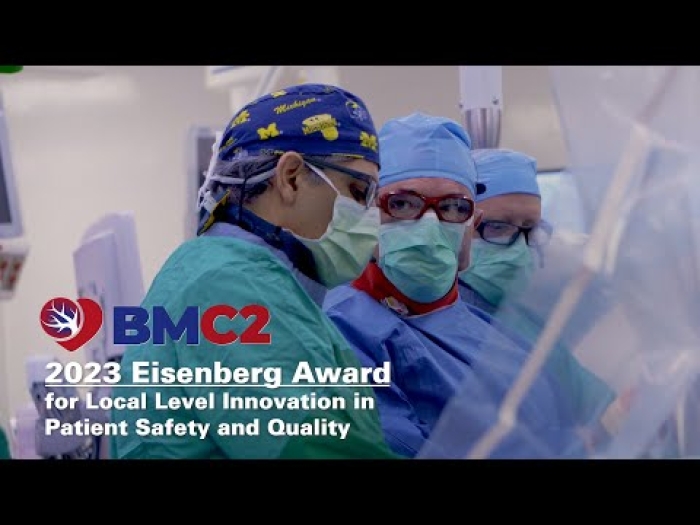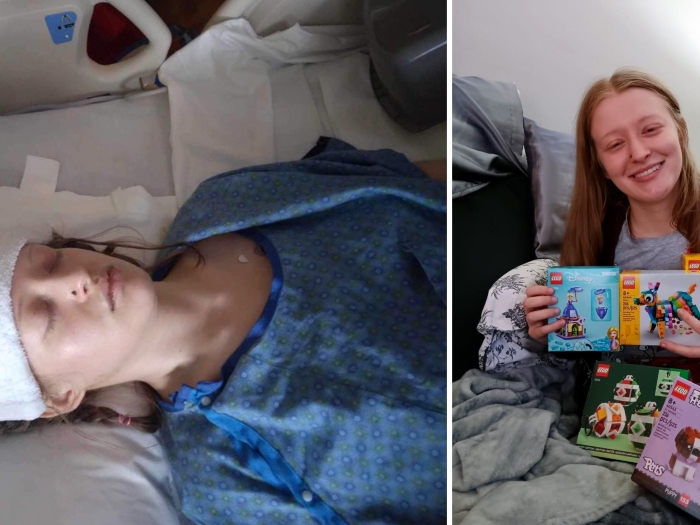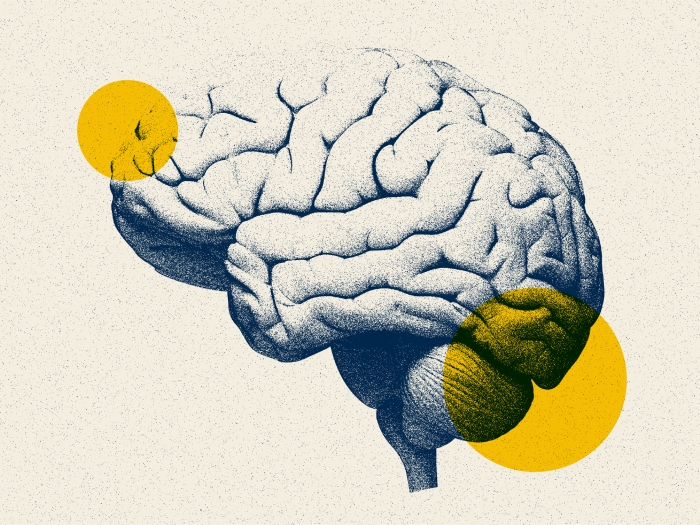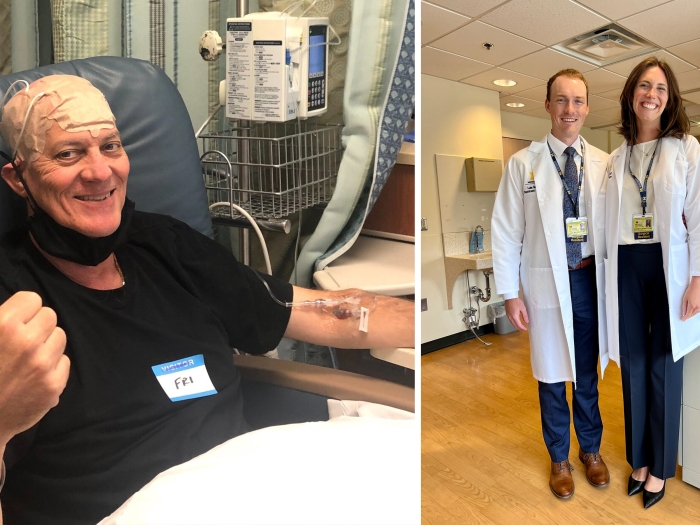Public Relations Representative
Fromson joined Michigan Medicine in March 2021. He covers the neurosciences and cardiovascular medicine. He spent three years as a television reporter in West Michigan and is passionate about multimedia storytelling. Contact: [email protected] Twitter: @noahfromson


Health Lab
Researchers improved memory and reduced neuroinflammation in a mouse model of Alzheimer’s Disease, suggesting another avenue for potential treatment.

Health Lab
A Michigan Medicine study finds that storing chemicals in a garage at home may associate with an increased risk of ALS.

Health Lab
Around 10% of all deaths following percutaneous coronary intervention are potentially preventable, a study led by Michigan Medicine finds.

Health Lab
Father’s cancerous brain tumor found weeks after the birth of his daughter

Health Lab
Sleep medicine experts say psychotherapy is the first line treatment for chronic insomnia

Health Lab
Participation in recreational activities — including golfing, gardening or yard work, woodworking and hunting — may be associated with an increase in a person’s risk for developing amyotrophic lateral sclerosis, or ALS

Health Lab
More bone marrow transplants, also known as hematopoietic stem cell transplantation, are being offered to older patients, a population at greater risk of cardiovascular disease.

Health Lab
Female genetic markers may have greater effect on hypertension, certain cardiovascular diseases

Health Lab
Racially biased readings of oxygen levels in the blood using pulse oximeters may further limit opportunities for Black patients with heart failure to receive potentially lifesaving treatments, such as heart pumps and transplants

News Release
A collaborative partnership dedicated to improving statewide cardiovascular care and outcomes — hosted at Michigan Medicine — received national recognition for efforts in patient safety and quality. BMC2 received the award for its significant improvements in the documentation of radiation use, a decrease in high-dose radiation exposure and reduction in opioid prescribing rates for patients.

Health Lab
Young woman thrives after surgery to remove a pilocytic astrocytoma tumor in her brain.

Health Lab
Cardiologist shares how weight loss medications may impact cardiovascular health.

Health Lab
The death rate for patients with functional, nonepileptic seizures is higher than expected, with a rate comparable to epilepsy and severe mental illness, a Michigan Medicine-led study finds.

Health Lab
Researchers at Michigan Medicine developed an AI-driven algorithm that accurately predicts death and complications after PCI — which could emerge as a tool for clinicians as they determine treatment for blocked heart arteries.

Health Lab
Physician in training inspired to specialize in neurosurgery after losing his father to brain cancer, continues to raise funds for glioblastoma research